Drone herbicide application is revolutionizing agricultural and forestry practices in many parts of the United States, and South Carolina is no exception. In a state where agriculture/forestry is a key industry, this technology offers a multitude of benefits to farmers, foresters, landowners, and the environment.
The use of drones for herbicide application improves the precision, efficiency, and safety of this process, and can help South Carolina farmers and landowners manage weed control more effectively while reducing costs and environmental impact.
Drone sprayers are better able to access areas that ground spraying equipment cannot, especially where terrain is steep, uneven, or inaccessible. Drone sprayers are also less likely than ground equipment to damage the area or crops. Unlike traditional tractors, drones can spray crops more precisely. They can be programmed to spray an even amount of liquid in all necessary sections, which also eliminates the risk of overdosing an area with herbicide.
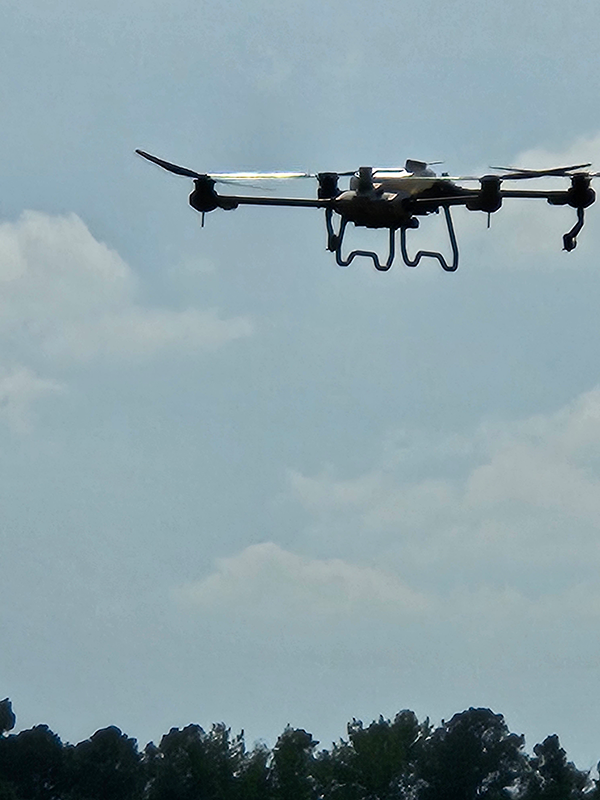
One of the most significant benefits of using drones for herbicide application is their ability to apply chemicals with pinpoint accuracy. Traditional herbicide application methods, such as tractors or aerial spraying by planes, often cover large areas indiscriminately, leading to over-application or herbicide drift. This inefficiency can result in damage to nearby crops, contamination of water sources, and harm to beneficial organisms.
Drones, equipped with GPS and advanced sensors, can target specific weed-infested areas rather than blanket-spraying entire fields. This precision reduces herbicide use, minimizing exposure to non-target plants and reducing chemical runoff. In a state like South Carolina, where water quality in rivers and estuaries is crucial for both agriculture and fisheries, this precision is especially beneficial. The protection of ecosystems like the ACE Basin, which supports both commercial and recreational activities, is enhanced by the reduced runoff of herbicides into surrounding waterways.
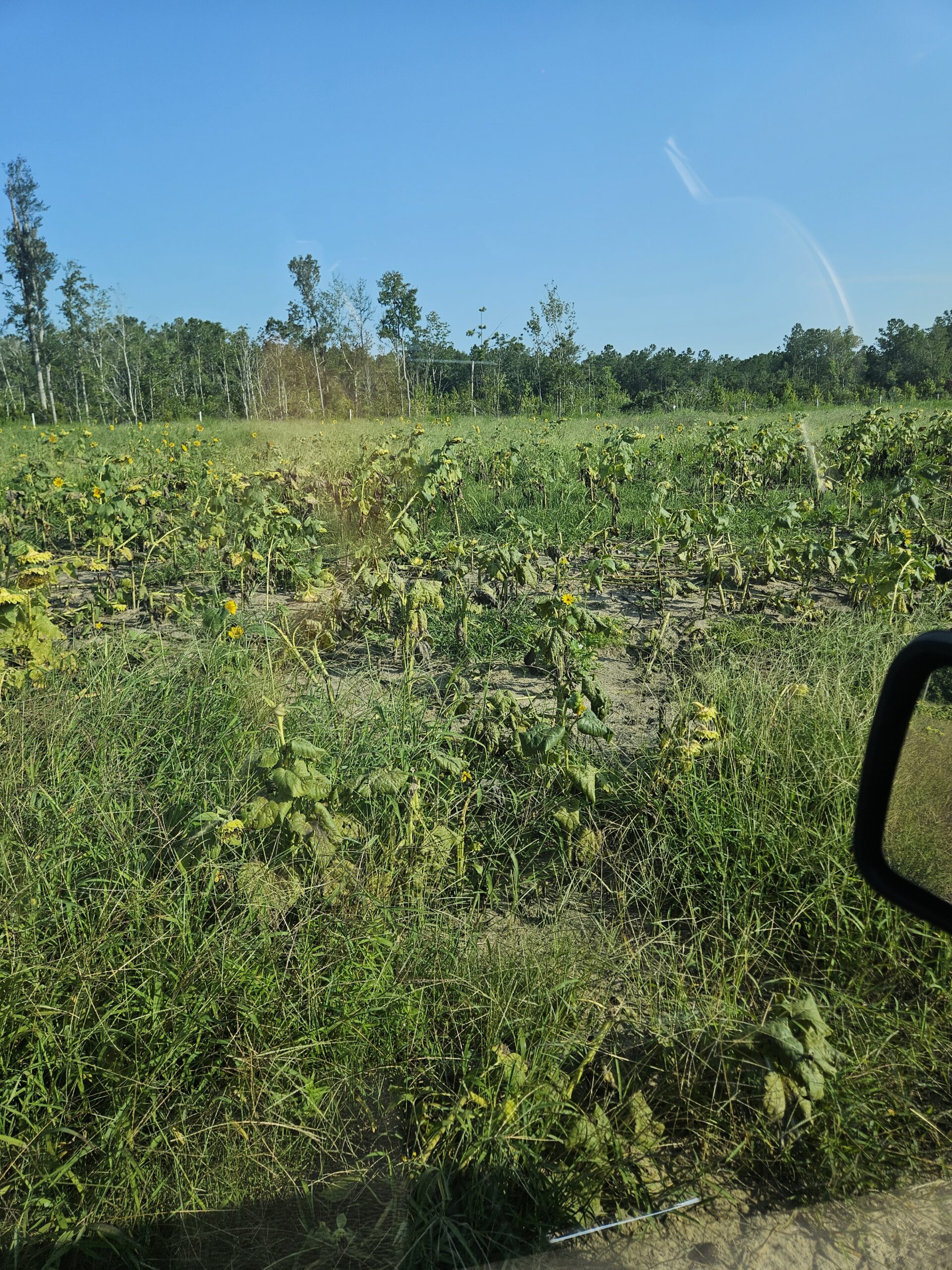
Cost is always a consideration for farmers, and drone herbicide application offers several ways to reduce expenses. Traditional ground-based herbicide application using tractors requires fuel, labor, and significant time. Additionally, large farm equipment can compact soil, leading to long-term productivity loss and the need for additional measures to restore soil health. Drones, by contrast, are much less expensive to operate. They consume less fuel, require fewer labor inputs, and can cover a large area in a fraction of the time.
In South Carolina, where farms range from large commercial operations to smaller family-owned farms, the ability to scale herbicide application methods based on the size of the field is a significant advantage. Smaller farms may particularly benefit from the lower operational costs, allowing them to compete more effectively in the marketplace. Over time, these cost savings can add up significantly, leading to a higher return on investment for adopting drone technology.
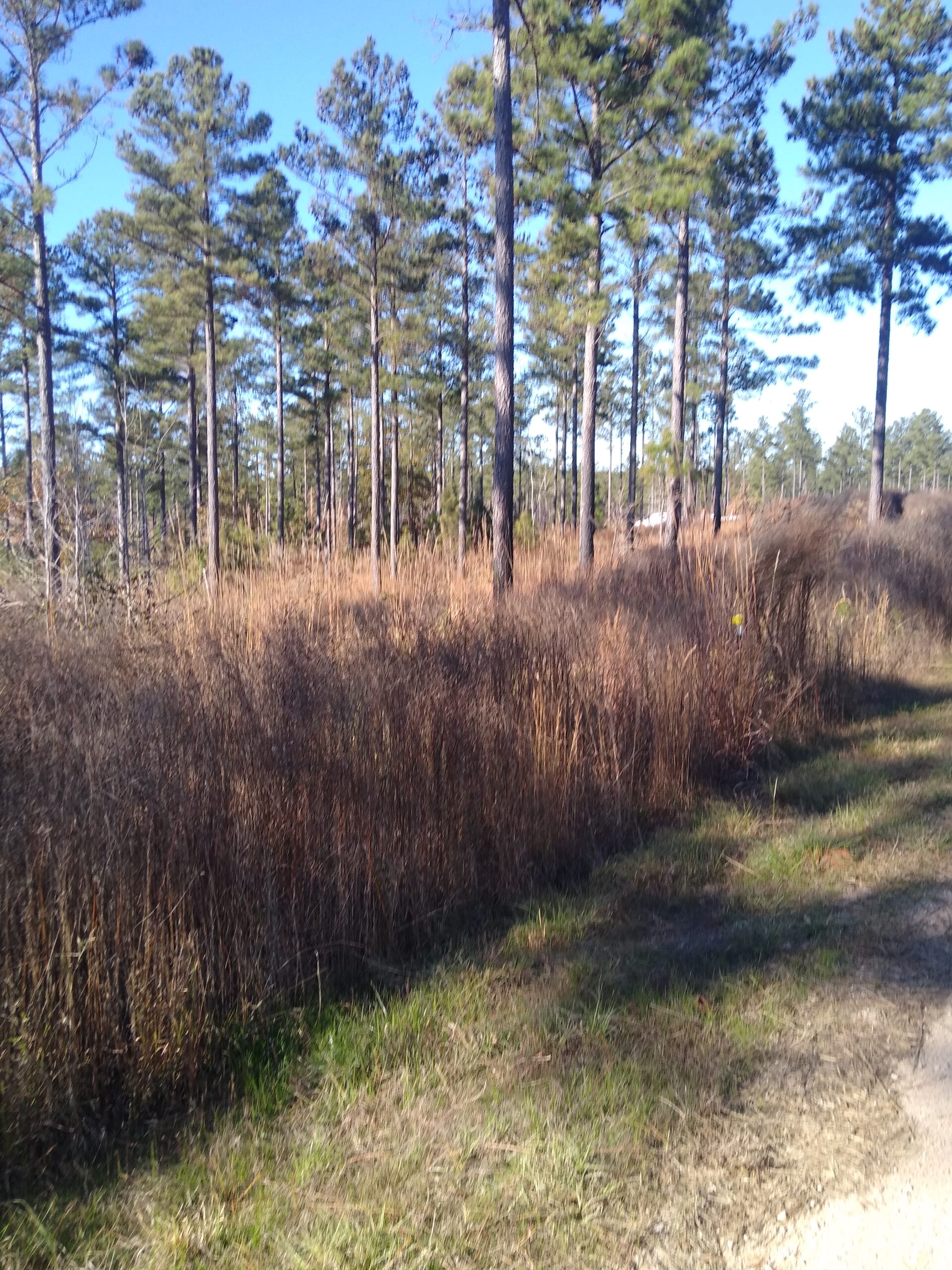
Drone herbicide application also offers significant advantages when it comes to labor and safety. Traditionally, herbicide application requires significant manpower, particularly on large farms. This labor-intensive process can be time-consuming and physically demanding. Drones, however, can operate autonomously or with minimal supervision, reducing the need for a large workforce.
This reduction in labor requirements is especially valuable in South Carolina, where agriculture, like many industries, is facing labor shortages. By using drones, farmers can manage larger areas of land with fewer workers, freeing up labor for other essential tasks on the farm.
Safety is another major benefit. Applying herbicides manually or via ground-based machinery exposes workers to potentially harmful chemicals. Drones, on the other hand, remove the need for human operators to be in close proximity to the herbicide application, thereby reducing health risks. This is particularly important for farms that produce food crops, where contamination and health concerns are paramount.
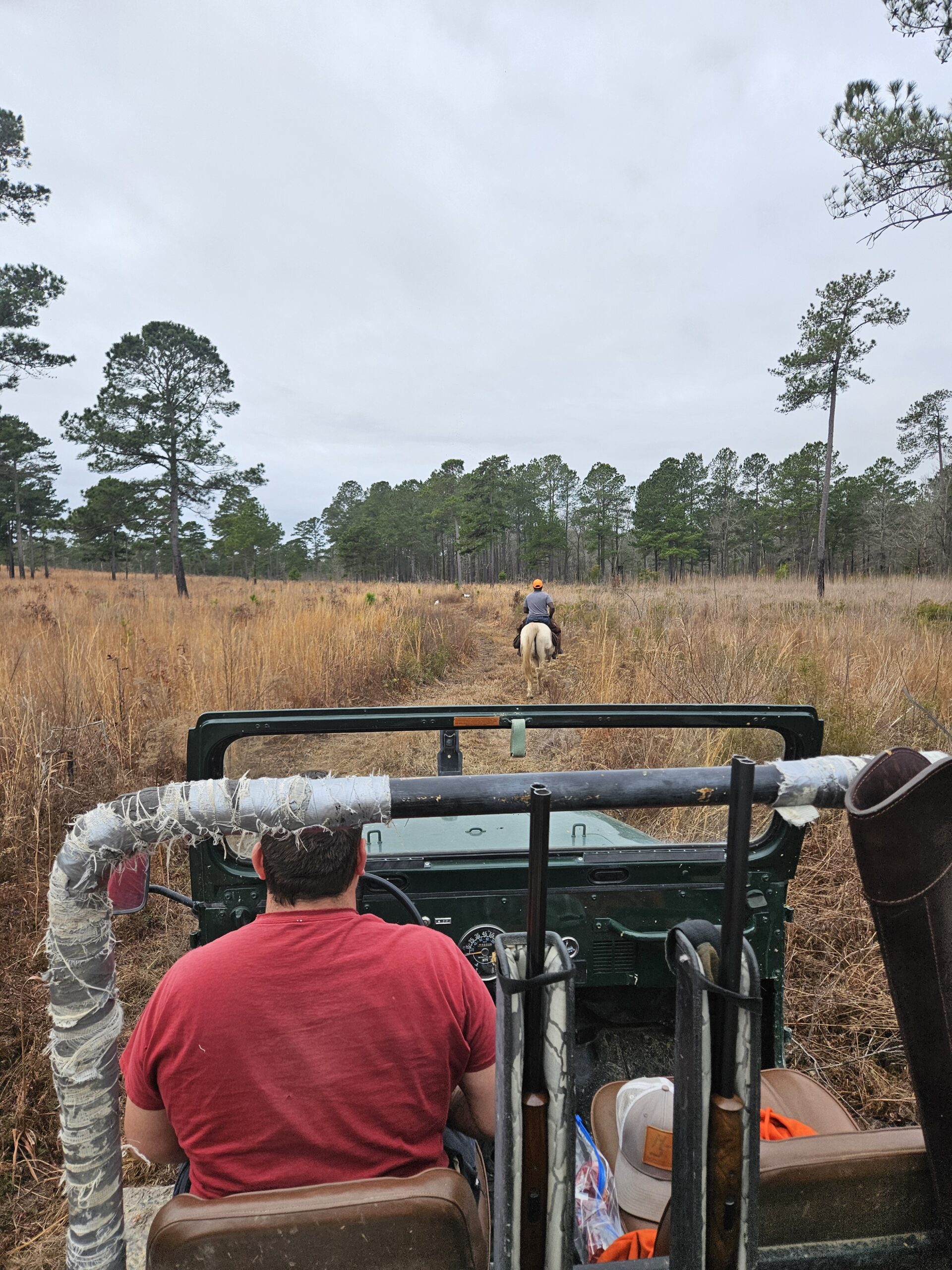
In addition to cost savings and increased precision, drones reduce the environmental impact of herbicide application. As noted earlier, the ability to apply herbicides more accurately reduces runoff into nearby bodies of water, which is especially important in South Carolina, a state known for its rich biodiversity and critical wetland ecosystems. By reducing the overall amount of herbicide used, drones also contribute to a healthier environment for wildlife, including pollinators like bees, which are essential for many of the state’s agricultural crops, such as fruits and vegetables.
Drones also reduce the need for large tractors and other heavy equipment, which can contribute to soil compaction and erosion. In the Lowcountry areas of South Carolina, where much of the land is flat and prone to erosion, this can have a long-term positive impact on soil health and agricultural sustainability.
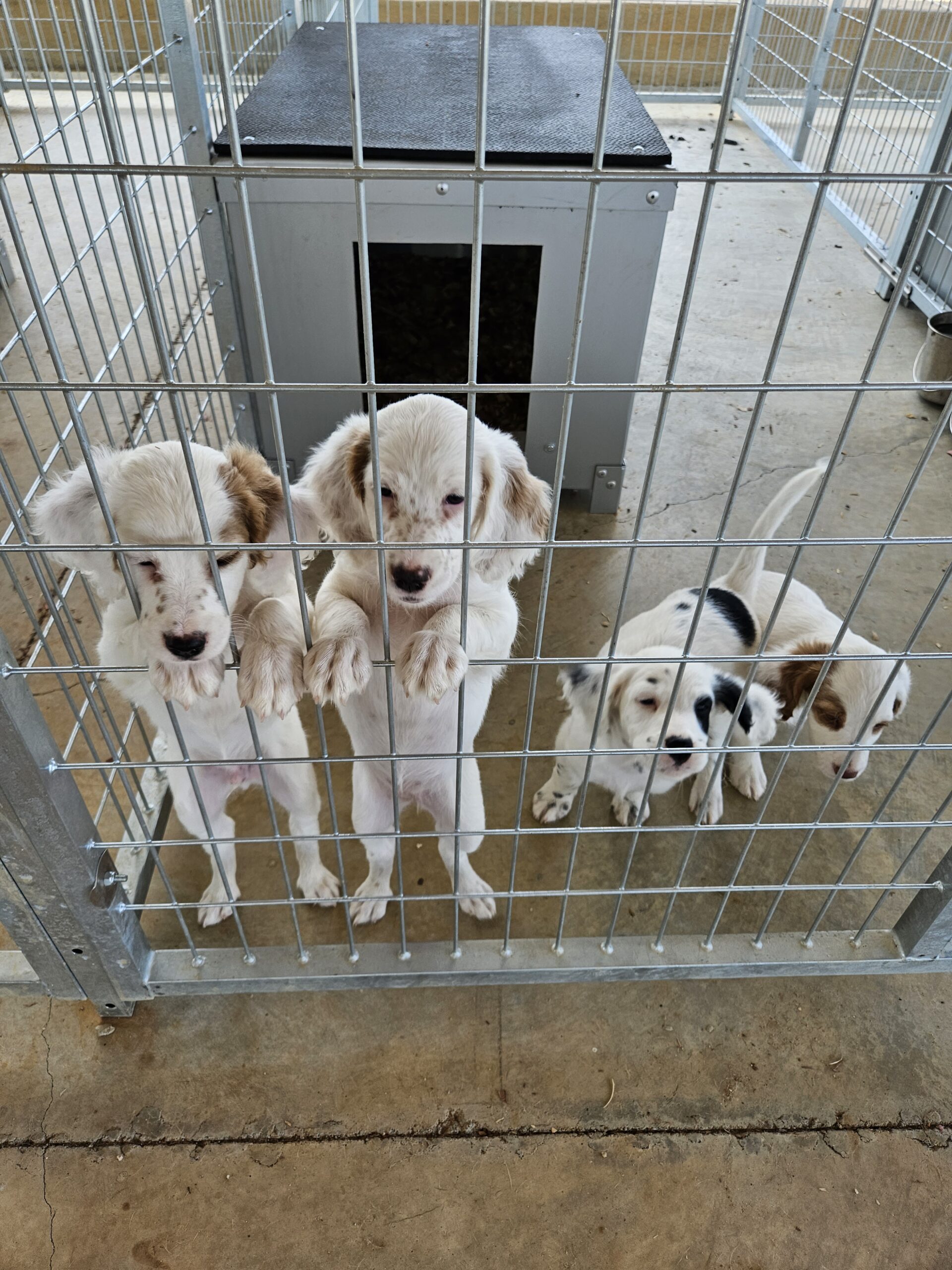
Drones are not just useful for applying herbicides; they can also be equipped with cameras and sensors to monitor crop health and field conditions in real time. This ability to gather detailed data allows farmers to identify issues early, such as weed outbreaks, nutrient deficiencies, or disease. By catching these problems before they become widespread, farmers can apply targeted interventions, reducing the need for large-scale herbicide application in the first place.
In South Carolina, where diverse crops such as soybeans, cotton, peanuts, and corn are grown, the ability to monitor different crops’ health across large areas is invaluable. Farmers can adjust their practices based on real-time data, improving yields and reducing input costs.
Drone herbicide application presents a host of benefits for South Carolina landowners, foresters, and farmers, including increased precision, cost savings, reduced environmental impact, labor efficiency, and improved monitoring capabilities.
In an industry facing rising costs and labor shortages, drones offer a forward-thinking solution to weed control that maximizes productivity while minimizing harm to the environment. As this technology becomes more accessible, it is likely to play an increasingly prominent role in South Carolina’s agricultural/forestry landscape, helping to ensure the sustainability and profitability of farming operations across the state.
For more information about Springdale’s drone herbicide applications services, below see our team below and use the contact form to reach out to us!
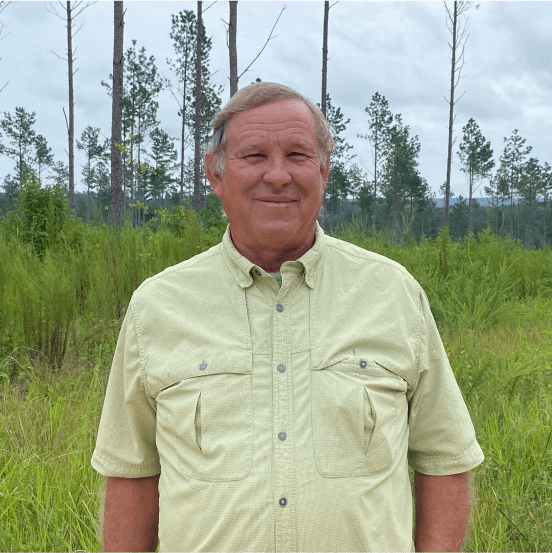
David was raised in the Midlands and coastal areas of South Carolina and attended The College of Charleston. He is a certified Pesticide Applicator, Prescribed Fire Manager, SC Certified Nursery Professional, and an avid outdoorsman. He enjoys turning raw land into premier recreational property. Wild quail restoration is his passion.
When not shooting doves or chasing turkeys or following bird dogs, he can be found on the coast boating, crabbing, and fishing. He currently lives in Camden and Georgetown, SC with his wife Martha and dogs Belle and Whit. He has three daughters, three sons-in-law, and three granddaughters.
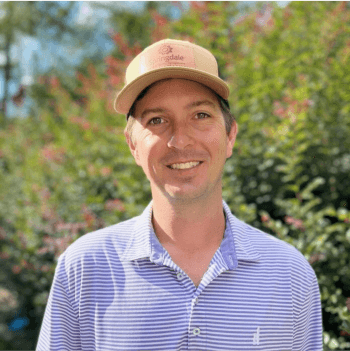
Hayes was born and raised in Georgetown County. He spent most of his childhood hunting and fishing the coastal estuaries which helped form his passion for the outdoors. He graduated from Coastal Carolina University. He is a Prescribed Fire Manager, Commercial Pesticide Applicator, Commercial Drone Pilot, Merchant Mariner, and hunting guide.
Hayes is an astute manager of tidewater impoundments, both freshwater and brackish. Utilizing salinity to grow both aquatic food plants for wildfowl and also for finfish and crustaceans. Hayes lives in Georgetown, SC with his wife Linley and two sons.
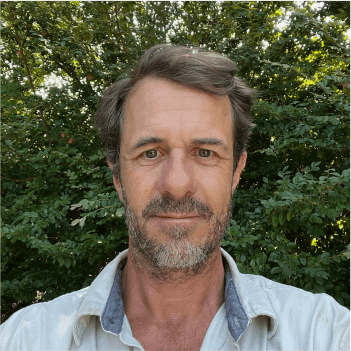
Born in Johannesburg South Africa. Ryan quickly developed a love for the outdoors and this eventually led him to a 23-year career in the safari industry, working between Southern and East Africa. This area gave him valuable experience in big game hunting, wildlife conservation, and anti-poaching.
Since moving to South Carolina in 2017, Ryan has transplanted his passions for hunting, and conservation to South Carolina. Ryan is a keen wildlife photographer and fly fisherman. He holds a prescribed fire manager certification and is a licensed real estate salesperson in the state of South Carolina.

John Dabbs grew up in Apex, NC where he enlisted in the US Army after high school. John served five years at Fort Hood, TX with two deployments to South Korea. After his time in the service and growing up around agriculture, John knew he wanted to pursue a career in agronomy. But it was his love for the Bulldogs and family history that led him to Starkville, MS.
He attended Mississippi State University and graduated with a Bachelors of Science in Agribusiness. During his time in Starkville, John was an active leader of the MSU Shooting Sports club, and member of various organizations on campus. It was his appreciation for agriculture, hunting, and wildlife that guided him to working for Springdale.